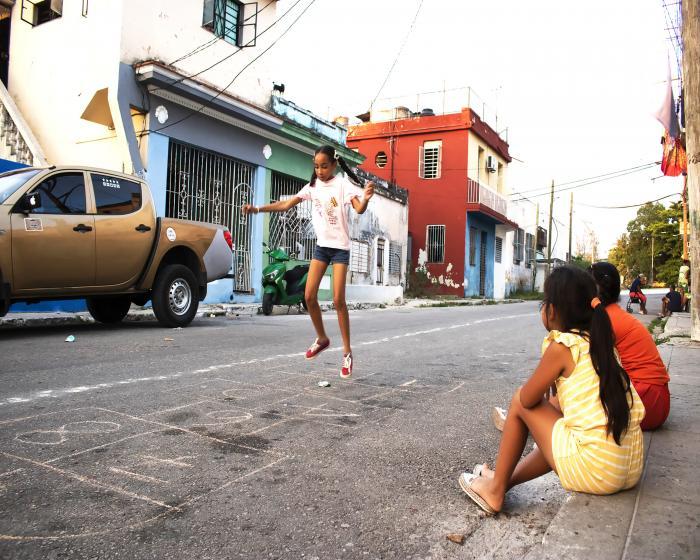
It was at the end of October that the news circulated in the media and on social networks. Then Hurricane Melissa briefly halted the process, but after it passed, not only did the country's recovery resume, but so did the announced strategy. Although it made headlines and front pages, it came as no surprise to families on the island: they know that their children are the priority for medicine, science, education...
More than 68,000 Cuban girls began receiving an intramuscular dose of the Human Papillomavirus vaccine to protect them against cervical cancer, one of the leading causes of death from this disease in women in many parts of the world. The news was reported on radio, television, newspapers, and websites.
However, what has become part of everyday life for those in the largest of the Antilles seems utopian in other parts of the world. Amid the health crisis in Gaza, where surviving another night seems more like a death sentence than good fortune, cases of anemia in children have skyrocketed. They are the future, and they are under attack.
In the United States, news of infant and adolescent mortality from drug overdoses, and even of young children who have lost a parent to drug use, is overwhelming, although it is nothing new. Let us also remember that at the beginning of this school year in that country, two children aged eight and ten lost their lives, and at least 17 people were injured in an attack that occurred during a mass at a Catholic school. They do not escape armed violence either.
"Let's listen to children and defend their rights, every day," UNICEF has said and defends, which celebrates World Children's Day every November 20.
With this conviction, Cuba approved a new Family Code in 2022, legislation that addresses the challenges of contemporary family law. Meanwhile, the recent approval of the Code on Children, Adolescents, and Youth is another demonstration of how much the Cuban government prioritizes the protection of the youngest members of the household.
Achievements in this area, however, are no reason to rest on our laurels, but rather bring new challenges and other priorities, focused above all on the need for knowledge of the rights of children and adolescents to not remain solely with adults—who are, after all, responsible for guaranteeing them. It is also important for children to know these rights.















